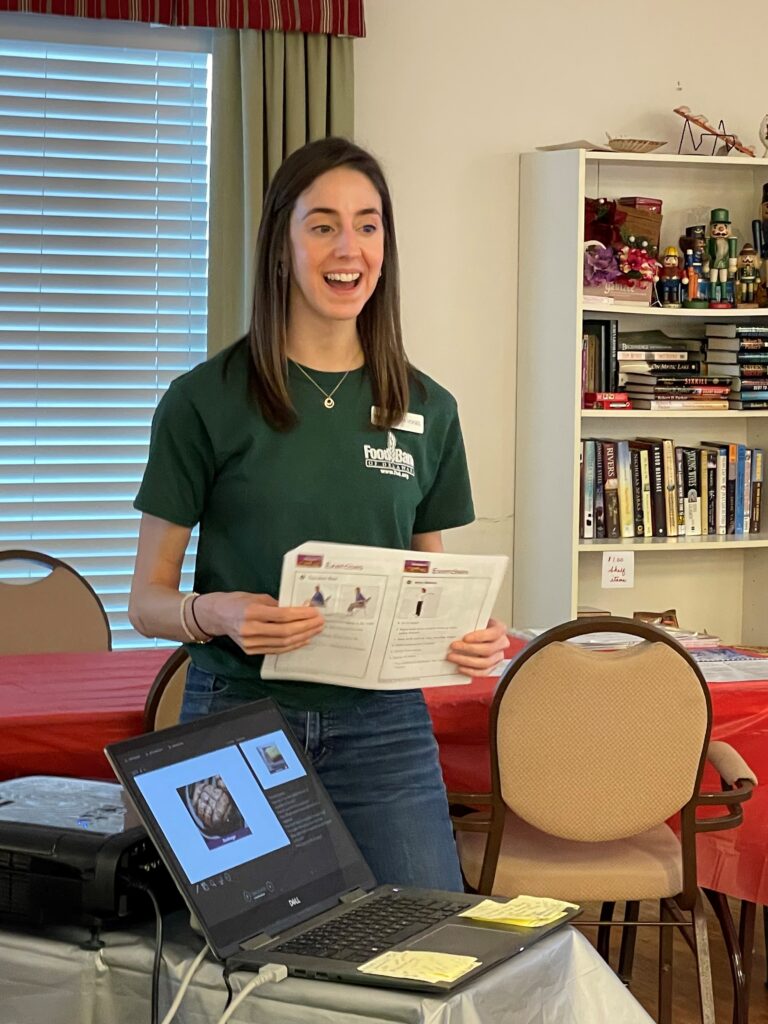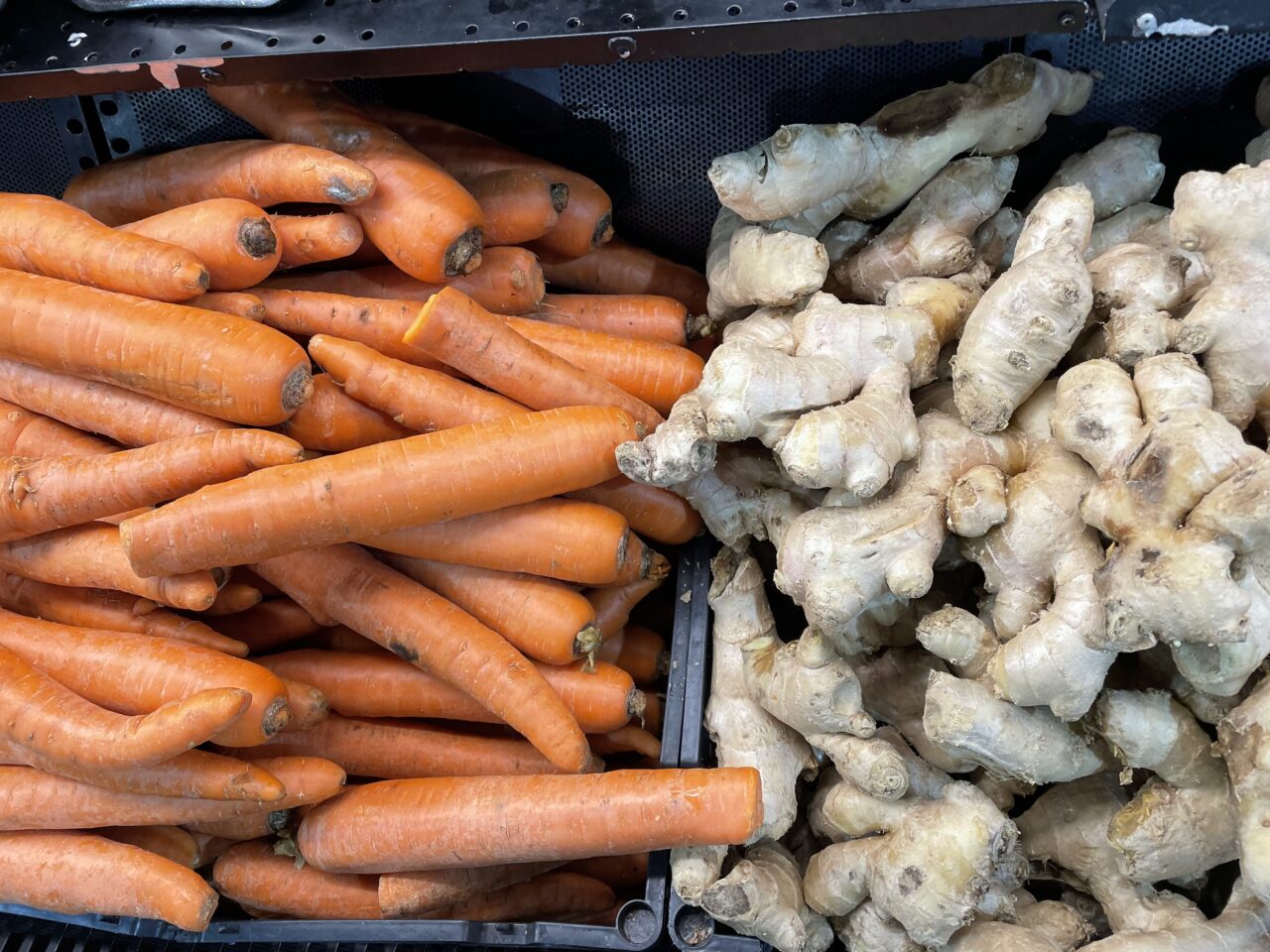Eating Healthy on a Budget
September 27, 2021
By Kirsten Torrey, University of Delaware Dietetic Intern
Food costs can be a major burden for many American families, especially since the start of the pandemic. Because eating a nutritious diet is so important to the health of everyone, the Food Bank of Delaware is here to help! Here are some tips that can be used to eat healthy while staying on a budget.
An important part in following a budget is to plan your trip. This begins before the grocery shopping occurs. Creating a week-long meal plan may be helpful to determine what foods need to be bought and which foods you already have. It will prevent extra items from being purchased, and therefore save money. Once your plan is made and you have determined what ingredients are needed, you can create a grocery shopping list.
Grocery stores often post coupons and deals on their websites, apps, or printed ads. These can be super helpful in saving money! Some stores offer loyalty programs that only require a phone number to sign up. Wholesale memberships, like Costco and Sam’s Club, sell bulk amounts of food for discounted prices. If applicable, make sure to ask the grocery store about a senior discount. Some stores will take five-10 percent off of the purchase.
The following tips are to be kept in mind while actually shopping.
- Try to only purchase items that were written on your grocery list.
- The perimeter of a grocery store typically has the least processed foods such as produce, meats, and dairy.
- Although name brand foods may be appealing, generic and store brand foods are less expensive and usually just as tasty.
Once the food is purchased, it is time to prepare! Keep in mind the MyPlate recommendations of how to prepare a meal. One half of the plate should consist of fruits and vegetables, one quarter should be grains, and one quarter should be protein, with dairy to be included in the meal as well. Prepare meals that don’t require too much time, so that eating healthy doesn’t feel like a burden. Make sure to utilize any leftover food in another meal to save time and money.
Finally, be aware of what resources are available in the community and be sure to utilize them! The Food Bank of Delaware offers both SNAP and WIC resources to help those in need. The Supplemental Nutrition Assistance Program (SNAP) is a program that helps families in need by providing benefits for groceries and free nutrition education programs. The Special Supplemental Nutrition Program for Women, Infants, and Children (WIC) aids pregnant and postpartum women, infants, and children with vouchers for food, free programs on nutrition, and more. Click https://www.fbd.org/nutrition-education and surf https://www.fbd.org/ for more information on all of our programs.
Sources:
https://www.moneygeek.com/financial-planning/supporting-healthy-eating-on-a-budget/
https://www.moneygeek.com/financial-planning/food-security-and-hunger-assistance/










